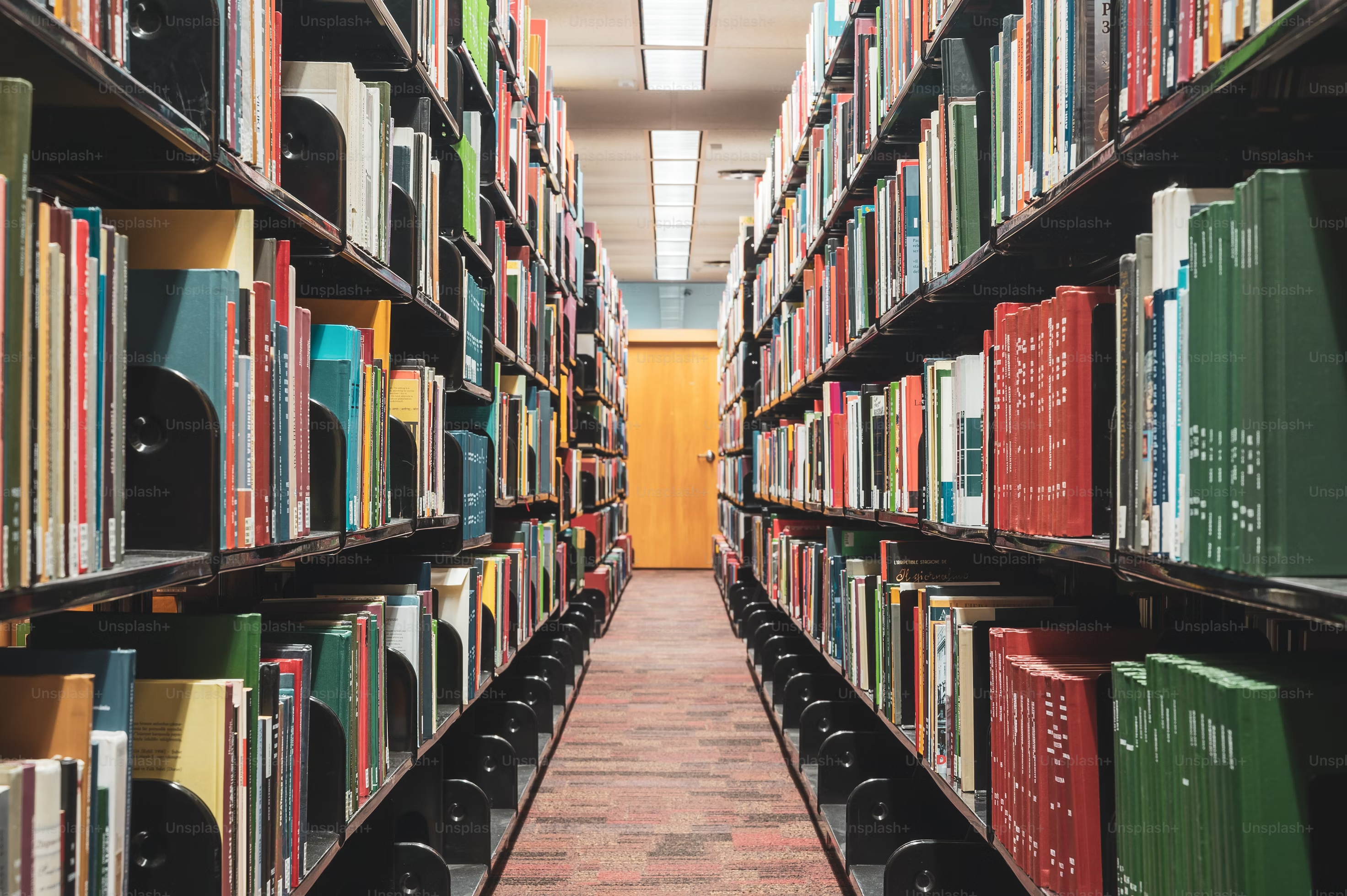
When most people think of public libraries, they think of a building stacked full of books that they can check out and simultaneously avoid racking up any annoying late fees. Libraries abandon the custom of long lines often seen at the DMV or hospital, large fees and extensive paperwork at a permitting office, or the grueling ins and outs of income tax. They are the only government body that will do everything in their power to ensure that every person who walks through their doors leaves at least a tiny bit more supported, hopeful, or set up for success.
Libraries have gone through a lot of change over thousands of years. Generally, the average public library is not entirely made up of clay tablets or papyrus scrolls: the times have evidently changed. Public libraries also no longer restrict access to the elites; meaning that you do not have to be incredibly rich to wander endlessly through the heaps of knowledge kept between pages. The ability to read is also no longer a skill known to the privileged – at least here in North America and other more developed parts of the world – which gives more people access to the plethora of materials within a library.
Starting with the basics: libraries have a lot of books. One cannot have a library without books, and this article would not make much sense without dwelling on that fact, even momentarily.
A good library will have something in it to offend any individual person. The variety of perspectives held within the stacks of books are meant to challenge an individual’s notions of the world, continually trying to push for them to think outside of what they know and believe. Libraries store information from the past so we are allowed to look back on how we have progressed, whether that be for better or worse. If limited access is put onto these resources, we become doomed to repeat mistakes of the past.
Book bans are not just a symptom of authoritarian regimes, but are also a phenomena that is creeping its way into Canada. Alberta has recently attempted to remove classic titles from school shelves, but revoked this decision due to public criticism; instead refocusing on removing titles that were deemed to be inappropriate due to sexual content. This decision has not had a direct effect on public libraries, but is still an attack on freedom of information that should not be brushed over.
Books are also not the only thing you can check out from a library; you can loan out movies, video games, CDs, hobby kits, Wi-Fi hubs, electronics, instruments, magazines, and so much more. Not only does this allow for people to save money, but it also promotes literacy. In an era of misinformation, encouraging literacy and critical thinking is crucial.
Libraries also serve as a third space, which is a space for people to go outside of home and work where they can engage with their community. Other third spaces include coffee shops, gyms, bars, or stores, but they come with the expectation that you make a financial commitment to be there. So, the next time you have to charge your phone, get out of temperamental weather, study for a class, or schedule a meeting: forgo paying for a coffee to earn your stay in a cafe and drop by your local library instead.
The space for social interaction that libraries offer is vital, especially in a post-COVID world where people are still finding ways to reconnect with one another. They offer a place for people to study, families to spend time together, meetings to take place, and individuals to seek the plethora of resources that libraries have to offer.
Resources that are offered will vary from library to library. Some have food pantries, understanding that a portion of their patrons struggle with food insecurity and attaining healthy and balanced meals. They can be a space for lawyers to offer immigration advice pro bono for community members who cannot afford that advice otherwise. Individuals can also attend language learning workshops to practice their conversational skills with others who might be equally unfamiliar with a language. By attending craft workshops, people can save money on investing in a new hobby and instead can try it out before they make a commitment. Children are also able to access workshops to develop their literacy, numeracy, and cognitive skills outside of school or even before they are even at the age of attending school.
The services a library offers are crucial, and even if you are not directly accessing them – even though you should be, they are free – they offer help to many different people. Kelowna has three public library locations: downtown, Rutland, and Mission. Visit one of these locations to see what they have to offer you!



